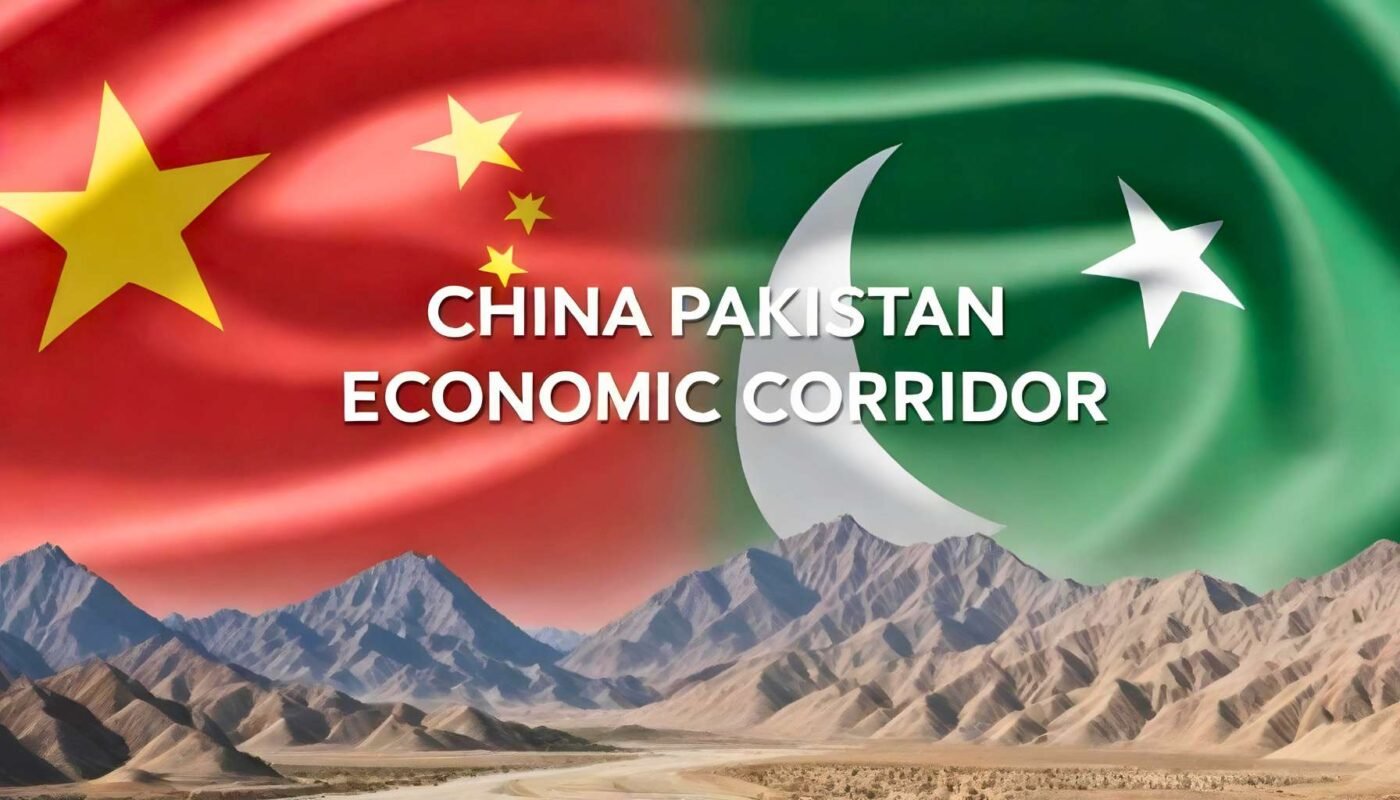In the evolving economic landscape of Pakistan, the China-Pakistan Economic Corridor (CPEC) has emerged as a cornerstone for development, particularly in the realm of industrial parks. This ambitious initiative is not just reshaping the infrastructure and economic outlook of Pakistan but also setting new standards for sustainable and innovative industrial growth. As we delve into the dynamics of CPEC, it becomes clear that the future of industrial parks in Pakistan, especially in Lahore and other major industrial cities, is on the cusp of transformation.
CPEC: A Catalyst for Change
The China-Pakistan Economic Corridor, a multi-billion dollar project, is a part of China’s Belt and Road Initiative (BRI). It aims to enhance geographical linkages and improve trade routes between Pakistan and China, impacting various sectors including energy, transport, and industry. With the development of Special Economic Zones (SEZs) under CPEC, Pakistan’s industrial parks are poised to become hubs of economic activity, attracting both local and foreign investments.
Lahore and Beyond: Industrial Growth
Lahore, being the heart of Pakistan’s industrial and commercial activity, is witnessing significant developments under CPEC. The establishment of SEZs in and around Lahore and other key cities such as Karachi, Faisalabad, and Gwadar is expected to accelerate industrial growth, create jobs, and foster technological advancement.
Embracing Sustainability and Innovation
The industrial parks being developed under the CPEC framework are designed to be more than just manufacturing hubs. They aim to incorporate sustainable practices and innovative technologies, setting a new benchmark for industrial development.
Renewable Energy and Green Practices
Understanding the global shift towards sustainability, CPEC’s industrial parks are integrating renewable energy sources, such as solar and wind, to power their operations. This not only reduces the carbon footprint but also ensures energy security. Waste management and water conservation practices are being adopted to promote environmental stewardship.
Technology and Infrastructure
The emphasis on innovation is evident through the incorporation of smart technologies in industrial parks. Advanced manufacturing techniques, supported by IoT and AI, are being introduced to enhance efficiency and productivity. The infrastructure within these parks is being developed to support high-tech industries, aiming to make Pakistan a competitive player in the global market.
Economic and Social Implications
The development of industrial parks under CPEC is expected to have a profound impact on Pakistan’s economy and society. By attracting foreign direct investment (FDI), these parks will boost economic growth and enhance Pakistan’s export capabilities.
Job Creation and Skill Development
A significant outcome of these developments is the creation of employment opportunities. The industrial parks are not just generating jobs but are also contributing to skill development, preparing the workforce for the demands of modern industries.
Regional Connectivity and Urban Development
CPEC is enhancing regional connectivity, making Pakistan a key transit and trade route. This increased connectivity is also leading to urban development, with new housing, commercial, and entertainment facilities emerging around industrial parks, contributing to the growth of vibrant communities.
Looking Ahead: Challenges and Opportunities
While the future of industrial parks under CPEC holds immense promise, it also presents challenges. Issues such as ensuring sustainable development, managing socio-economic impacts, and navigating geopolitical dynamics require careful consideration. However, with strategic planning and international cooperation, Pakistan can overcome these hurdles.
The development of industrial parks under CPEC is a testament to Pakistan’s commitment to fostering industrial growth, sustainability, and innovation. As Lahore and other cities transform into modern industrial hubs, Pakistan is steadily positioning itself as a key player in the global economy. The journey ahead is filled with opportunities to reshape the industrial landscape, making it more sustainable, efficient, and globally competitive.


